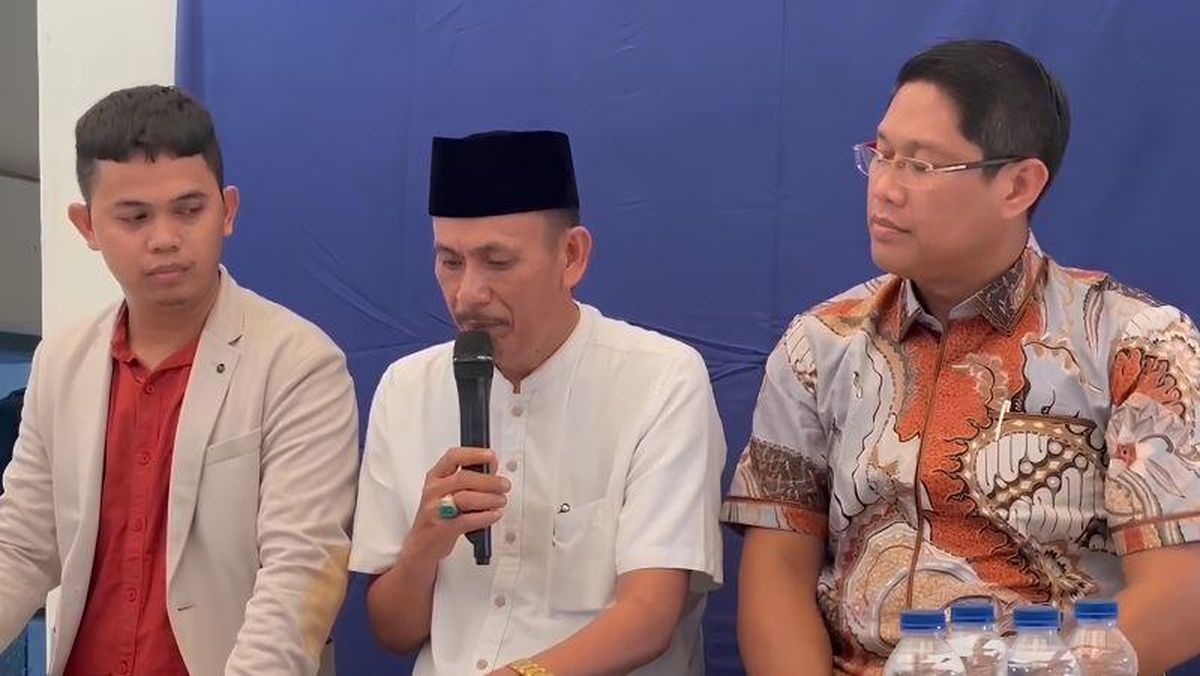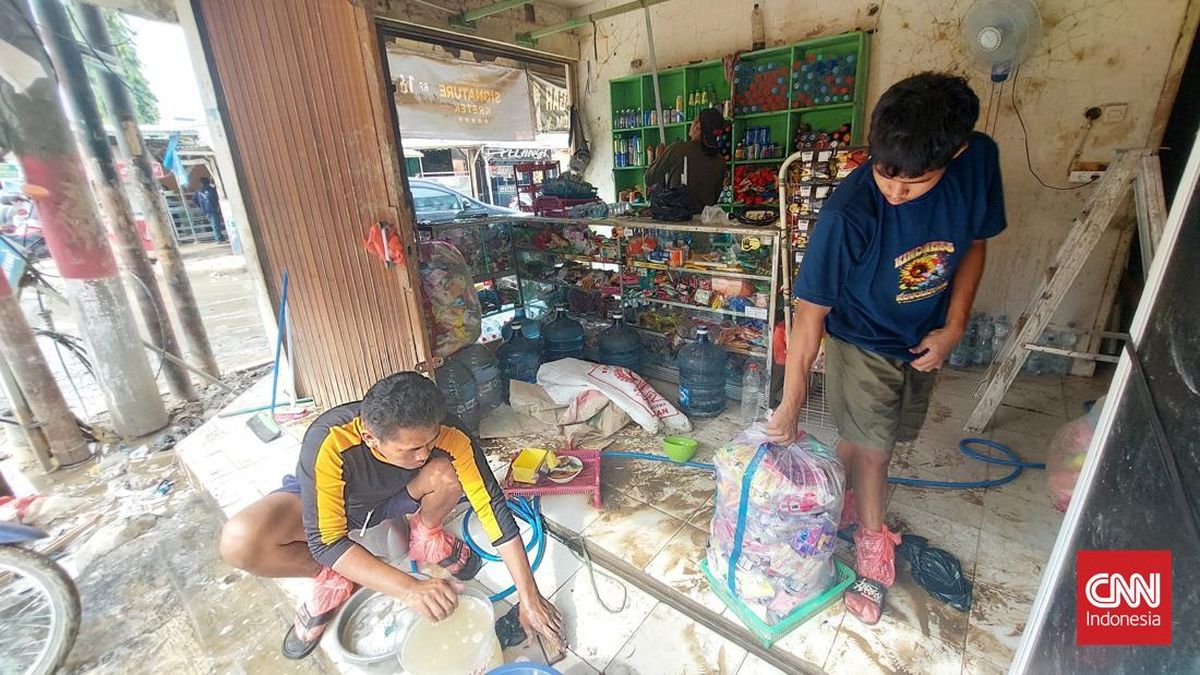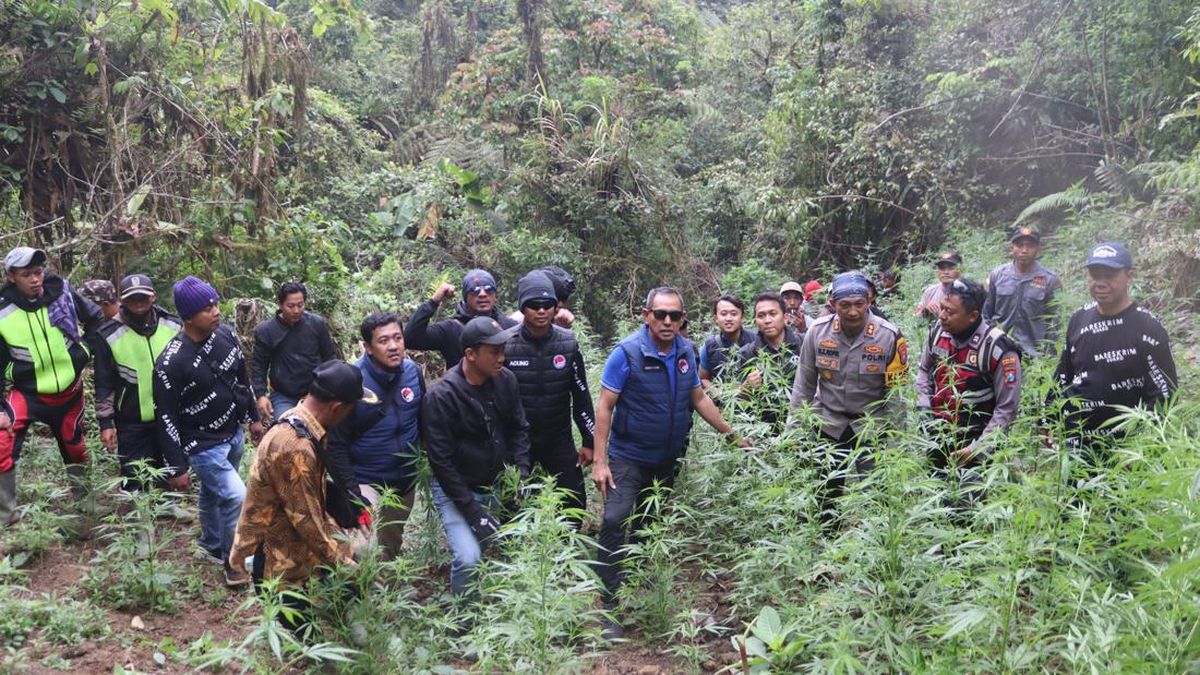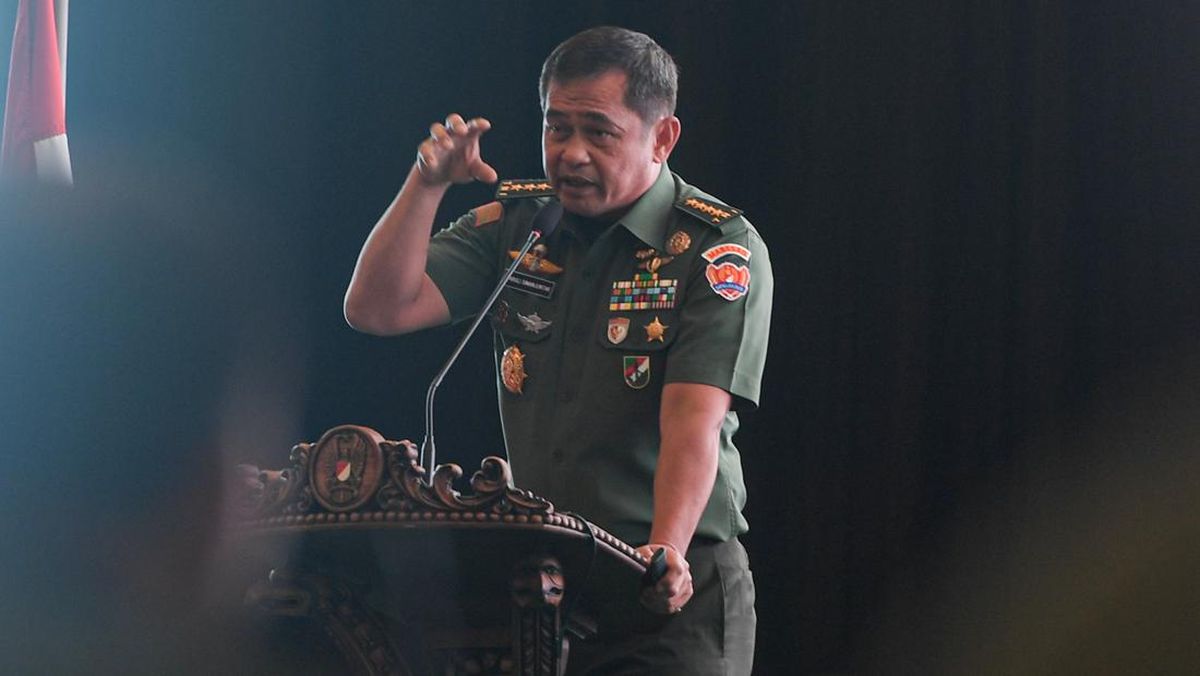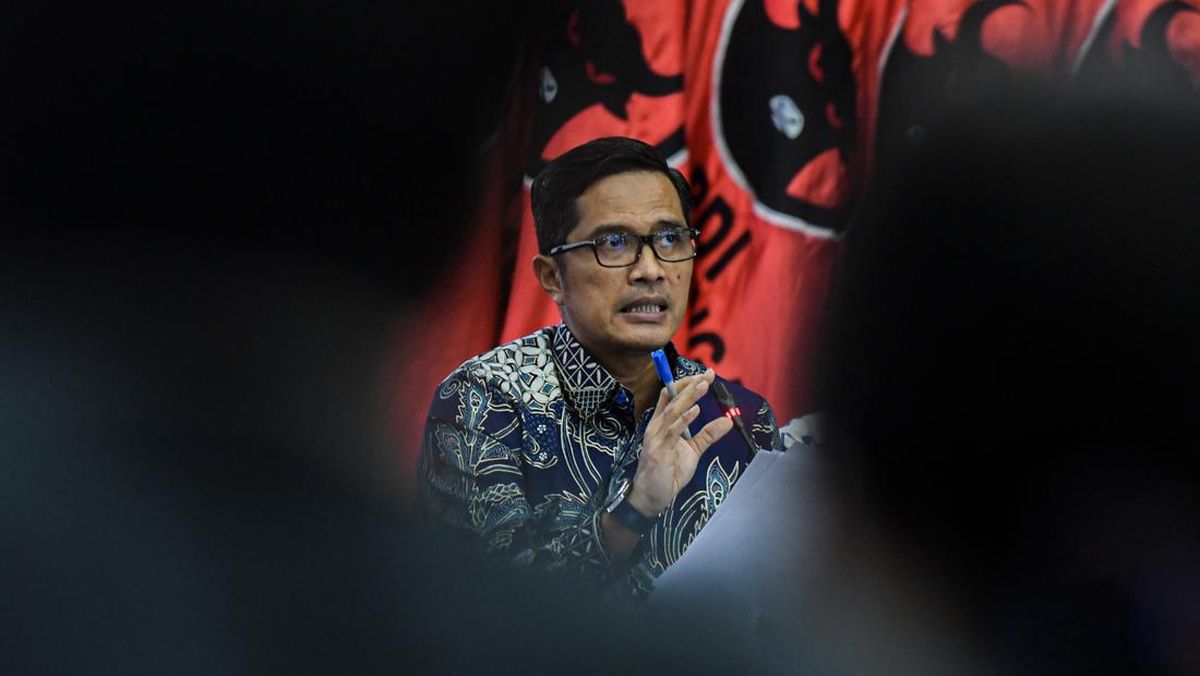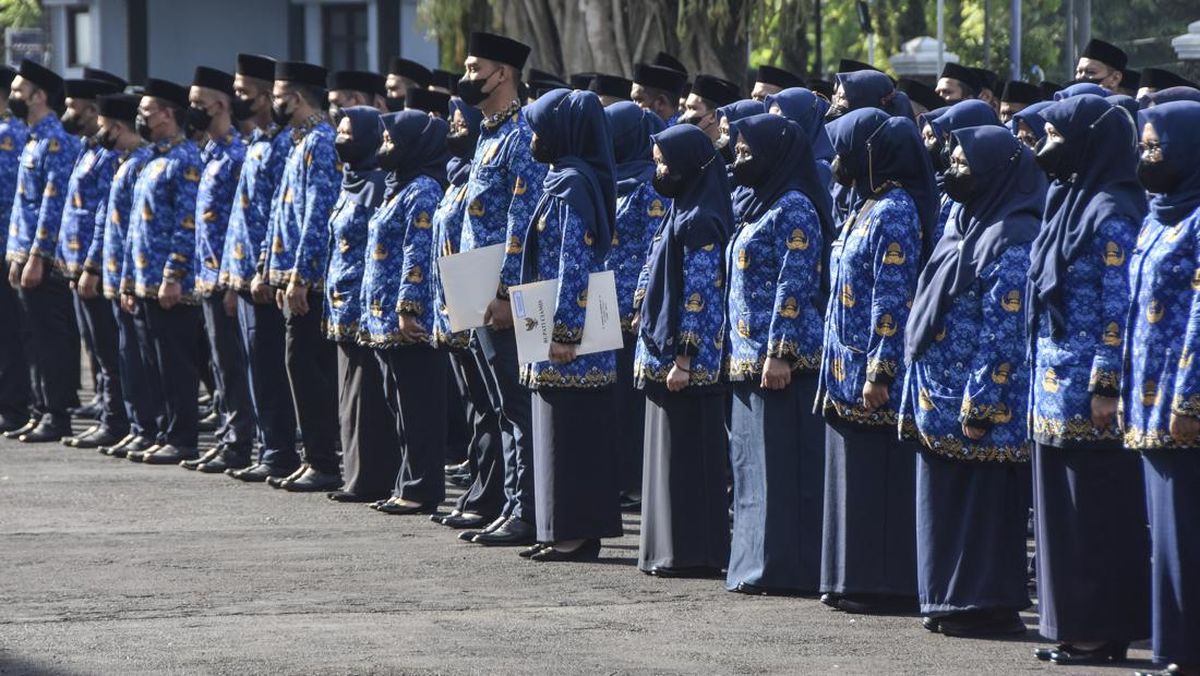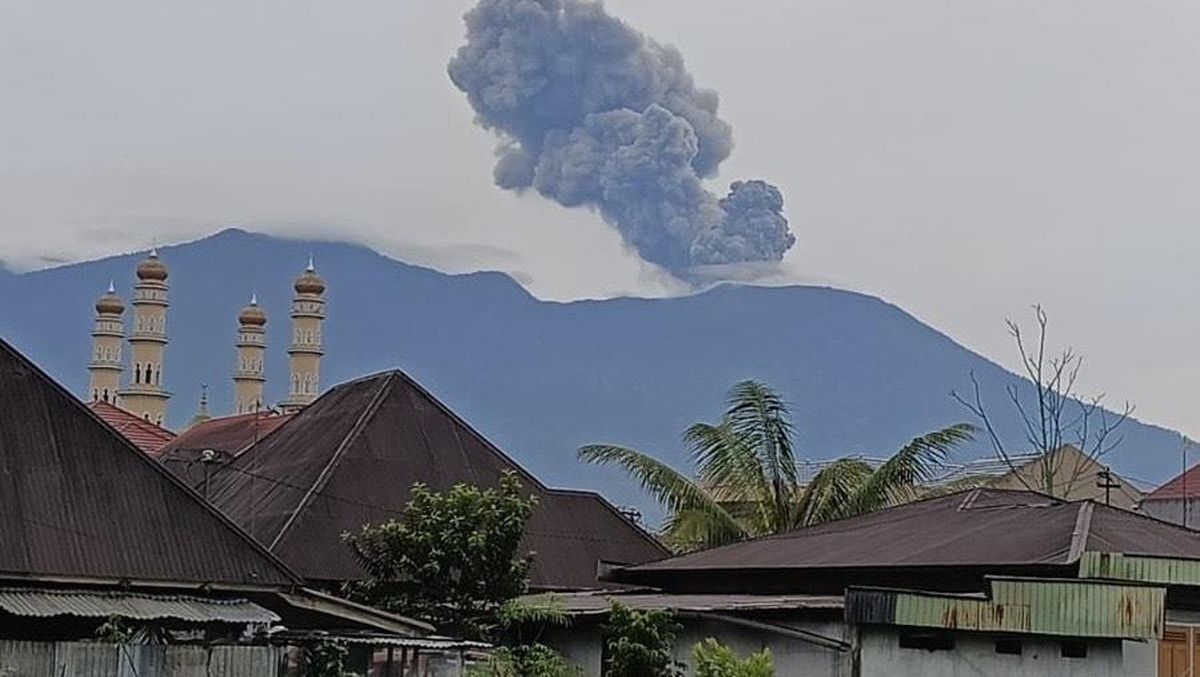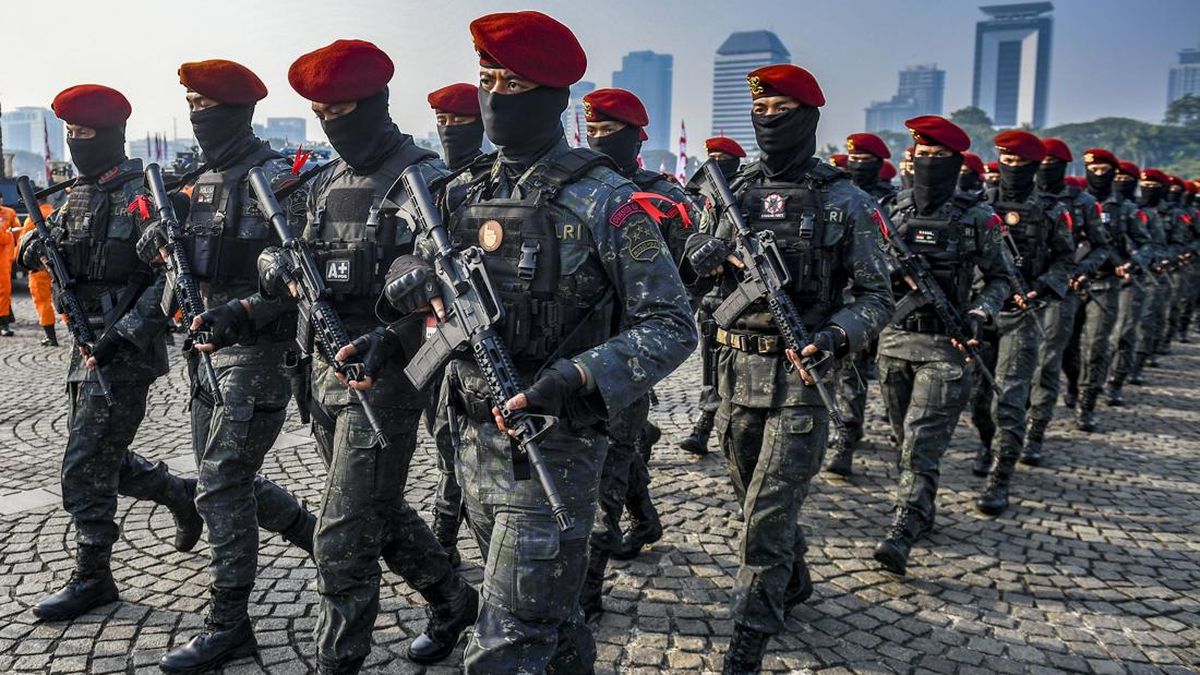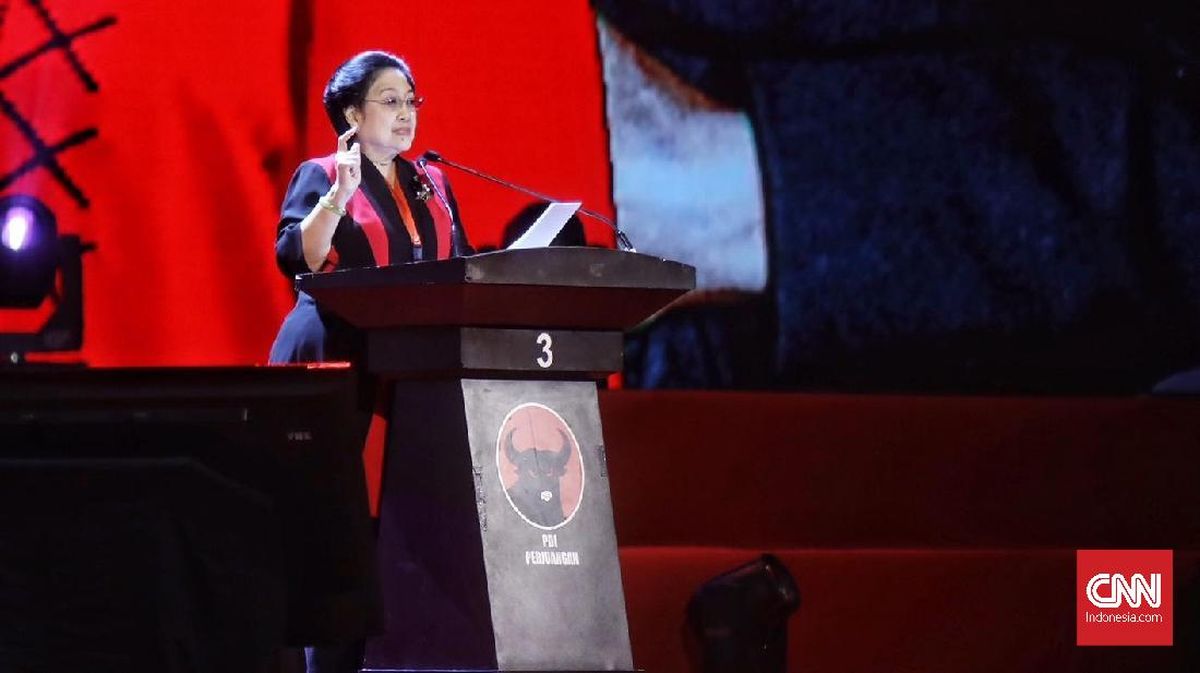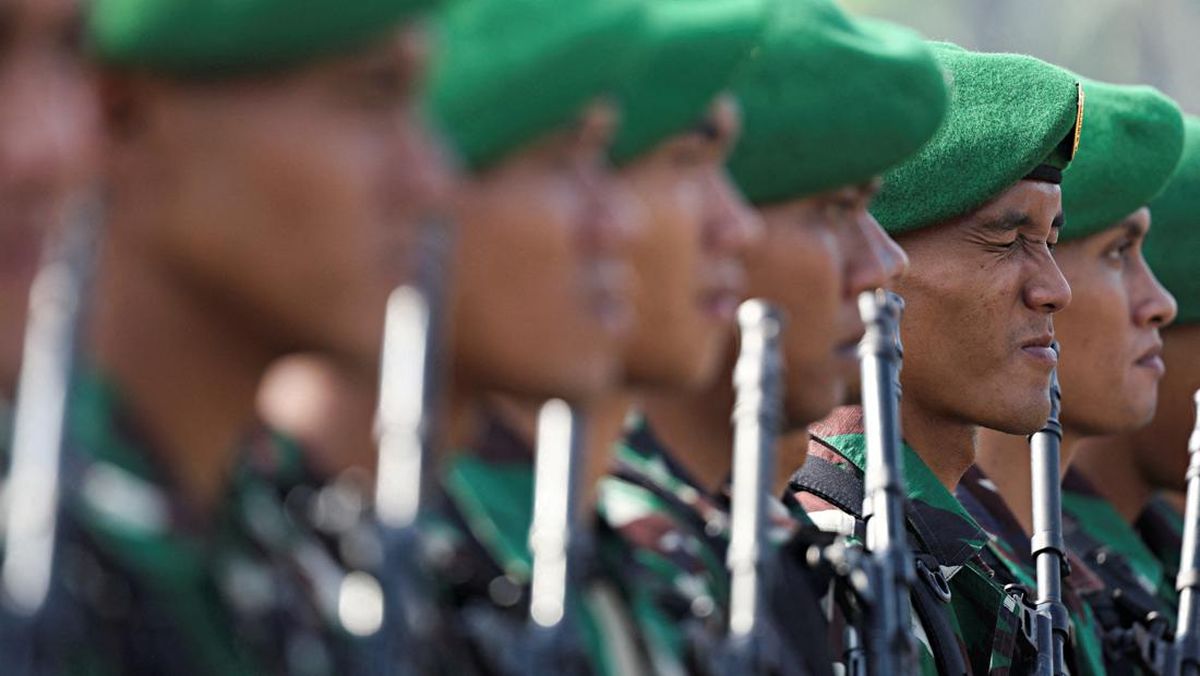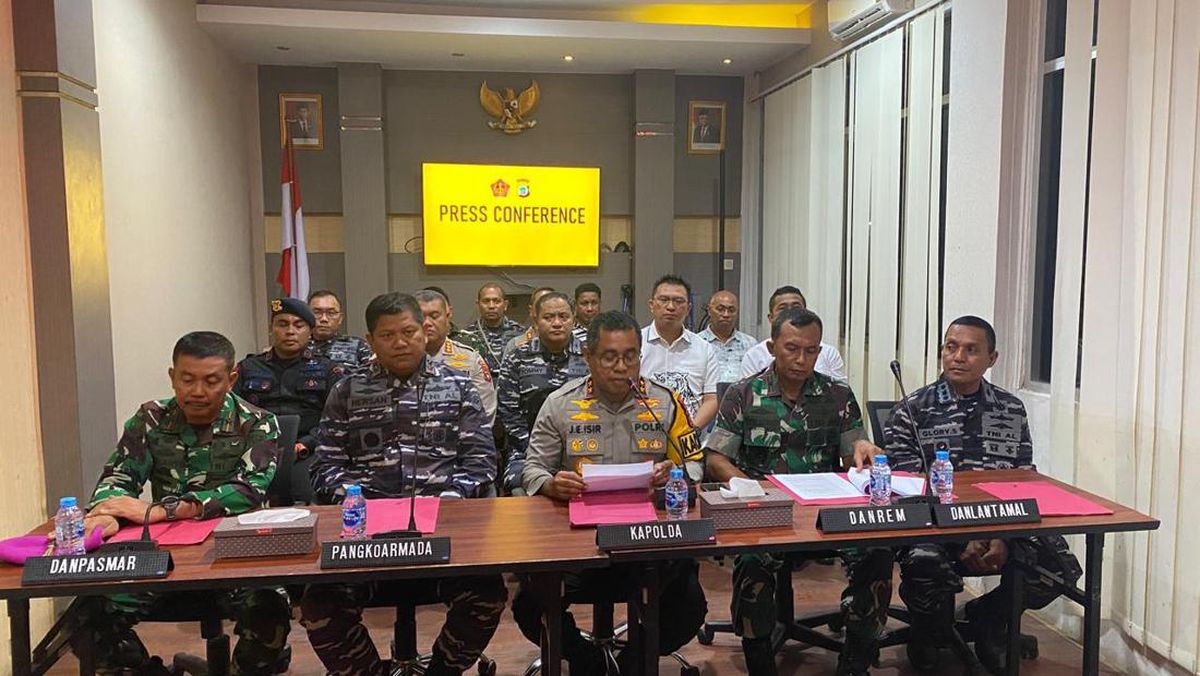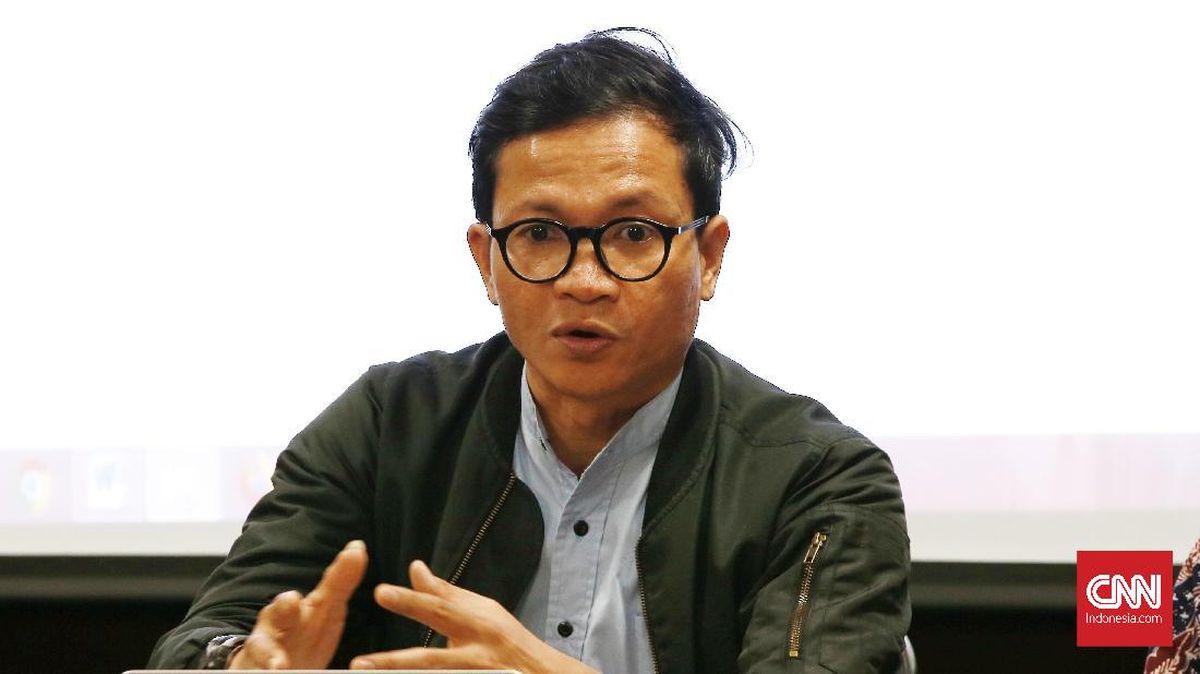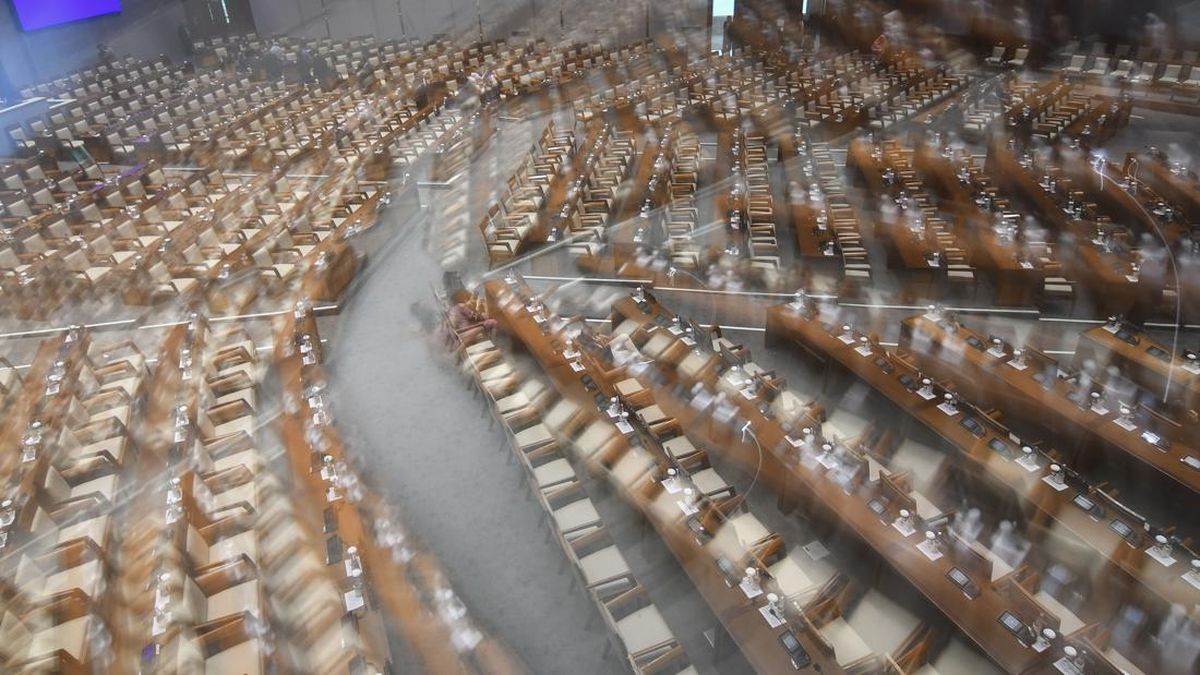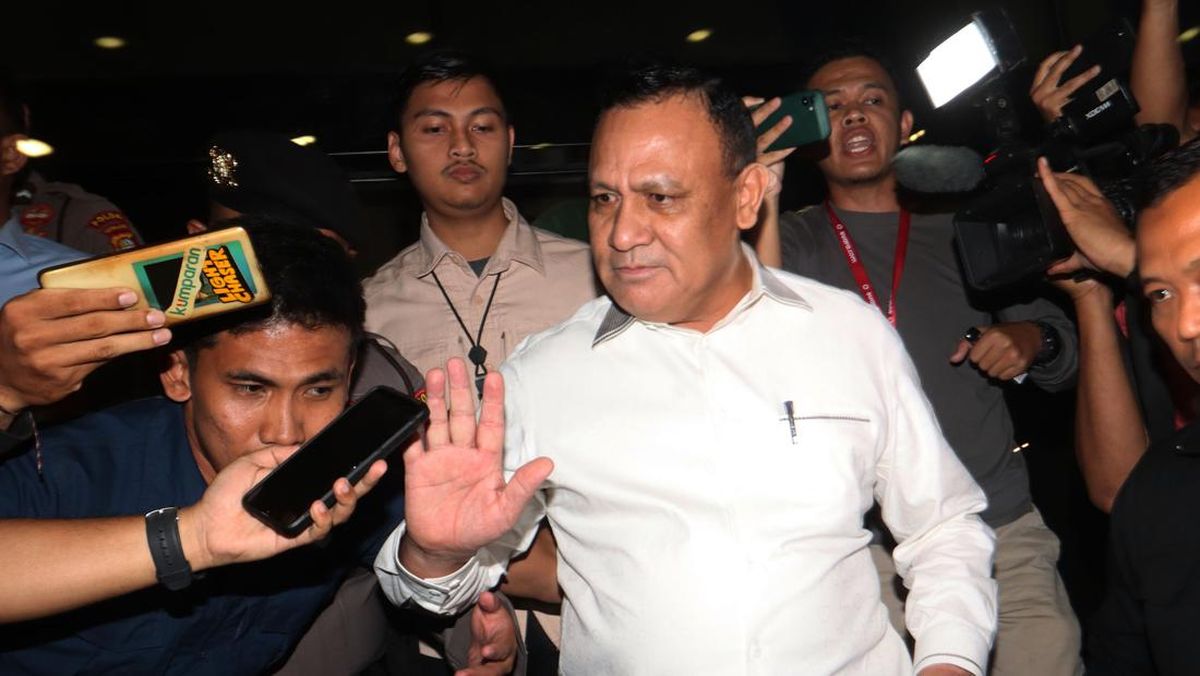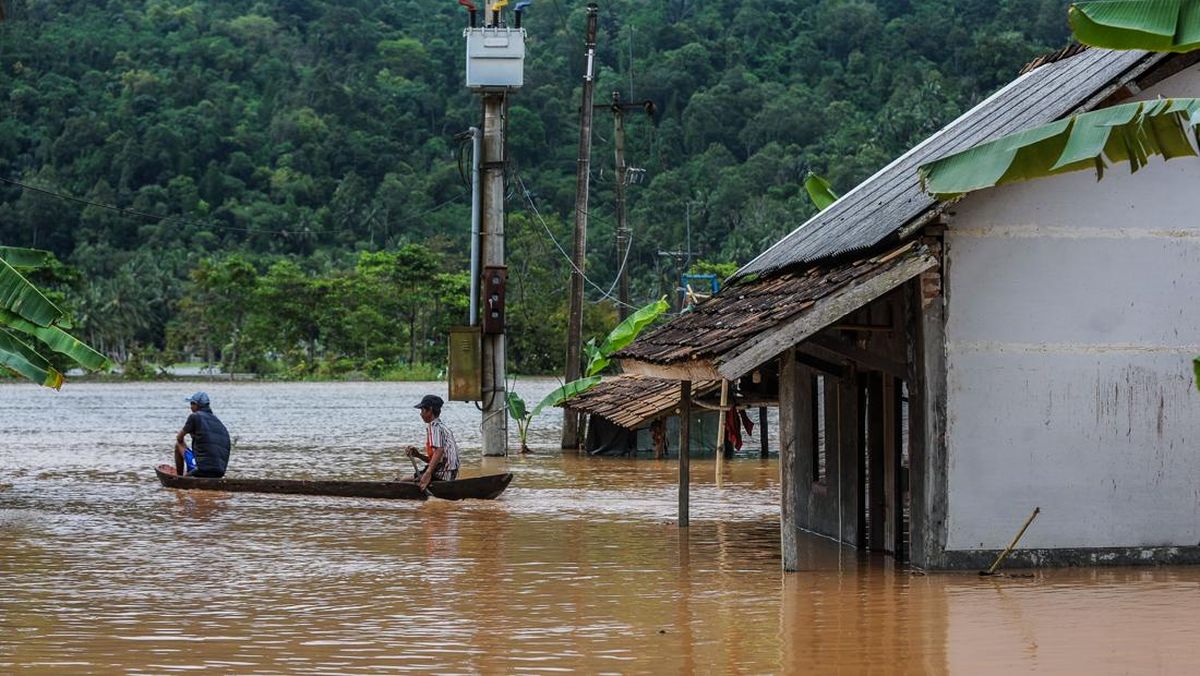January 14, 2025 | 02:08 pm

TEMPO.CO, Jakarta - Indonesia, an archipelago blessed with abundant natural resources, including oil and natural gas, remains an importer of oil. This paradox often raises the question, why does a country brimming with oil reserves need fuel imports? Here are seven reasons behind this phenomenon.
1. Limited Capacity of Oil Refineries
One of the primary reasons is the inadequacy of Indonesia's oil refineries. Most existing refineries, such as in Cilacap, Balikpapan, and Balongan, were built between the 1970s and 1990s. Employing outdated technology, their processing capacity falls short of domestic consumption demands.
Data shows that national refineries can only handle roughly 700,000 to 800,000 barrels of crude oil daily, while domestic fuel needs reach around 1.5 million barrels per day. This shortfall forces fuel imports to cover the gap.
2. Rising Fuel Consumption
Indonesia's fuel consumption continues to increase year-on-year, driven by population growth and economic expansion. The transportation sector, with its growing number of motorized vehicles, is the largest contributor to fuel consumption.
According to the Energy and Mineral Resources Ministry’s (ESDM) official page, esdm.go.id, fuel consumption increases by an average of 4-5 percent per year. This growth outpaces the rise in both crude oil production and refinery processing capacity, making imports unavoidable.
3. Declining Crude Oil Production
Despite having oil reserves, Indonesia’s crude oil production has seen a downward trend over the past few decades. This decline stems from the reduction of reserves in mature oil wells, especially in areas such as Riau, East Kalimantan, and South Sumatra.
Based on reports on esdm.go.id, the lack of investment in the exploration and development of new wells is among the factors that worsen this issue. Consequently, domestic crude oil production capacity struggles to meet domestic consumption needs.
4. Limited Energy Infrastructure
In addition to limited refinery capacity, Indonesia faces challenges with supporting infrastructure, such as distribution pipelines and fuel storage facilities. This condition hinders the efficient distribution of fuel from refineries to end consumers so imports become a more practical short-term solution.
5. Dependence on Subsidized Fuel
Indonesia’s dependence on subsidized fuel, especially for the lower middle class, complicates the adoption of alternative energy sources or more environmentally friendly fuels. Additionally, large fuel subsidies strain the state budget, making fuel imports a solution to maintain supply stability at affordable prices.
6. Delays in Energy Diversification
Although the government promotes the use of new and renewable energy sources, its implementation has been sluggish. The development of bioenergy, natural gas, and electricity as alternative fuels still encounters many challenges, including unprepared infrastructure and high upfront investment costs. As a result, Indonesia remains heavily reliant on imported fuel.
7. Global Crude Oil Prices
Global crude oil prices also influence the need for fuel imports. When world oil prices rise, the burden of fuel imports intensifies, but reliance on imports remains due to large domestic needs.
Riri Rahayu contributed to writing this article
Editor’s Choice: Prabowo's Promise to Stop Fuel Imports Difficult to Achieve, Economist Says
Click here to get the latest news updates from Tempo on Google News
Indonesia Eyes Lower Trade Tariffs from U.S. Trump's Administration
1 jam lalu

Indonesia will propose a trade tariff reduction to the United States (U.S.).
The Irony of Industrial Gas Crisis
4 hari lalu

PGN's gas supply for industrial customers fell sharply this year, resulting from poor management of the energy and gas business.
Indonesia to Import 2 Million Cattle Until 2029 for Free Nutritious Meal
4 hari lalu

The deputy minister of agriculture, Sudaryono, confirms that Indonesia will import 2 million dairy and beef cattle for the next five years.
Energy Minister Says Freeport Seeks Extension of Export Permit
6 hari lalu

PT Freeport Indonesia (PTFI) has submitted an application for an extension of its copper concentrate export permit.
Non-subsidized Fuel Prices Increased Starting Today, See Price Details in Each Region
13 hari lalu

State oil and gas company PT Pertamina has increased the price of non-subsidized fuel as of today, Wednesday, January 1, 2025.
Indonesian Govt Readies Rp20tn Incentives for Labor-Intensive Industries in 2025
18 hari lalu

The Indonesian government said it has prepared a Rp20 trillion credit facility for labor-intensive industries in 2025.
Zulhas Clarifies Only Imported Specialty Rice Subject to 12% VAT
21 hari lalu

The Coordinating Minister for Food has clarified that only imported specialty rice will be subject to the 12% Value Added Tax (VAT) increase.
Bank Indonesia Governor Urges Indonesia to Learn Export-Import from Trump
30 hari lalu

Bank Indonesia Governor Perry Warjiyo suggested that Indonesia could learn export-import strategies from Donald Trump.
Indonesia's Renewable Energy Utilization Very Low at Just 0.3%: Energy Ministry
32 hari lalu

The Ministry of Energy and Mineral Resources stated that Indonesia has only tapped about 0.3 percent of its new and renewable energy potential.
French Ambassador Reveals Opportunities for Nuclear Energy Cooperation with Indonesia
33 hari lalu

The French Embassy revealed nuclear energy cooperation between Indonesia and France.

 3 months ago
93
3 months ago
93

























